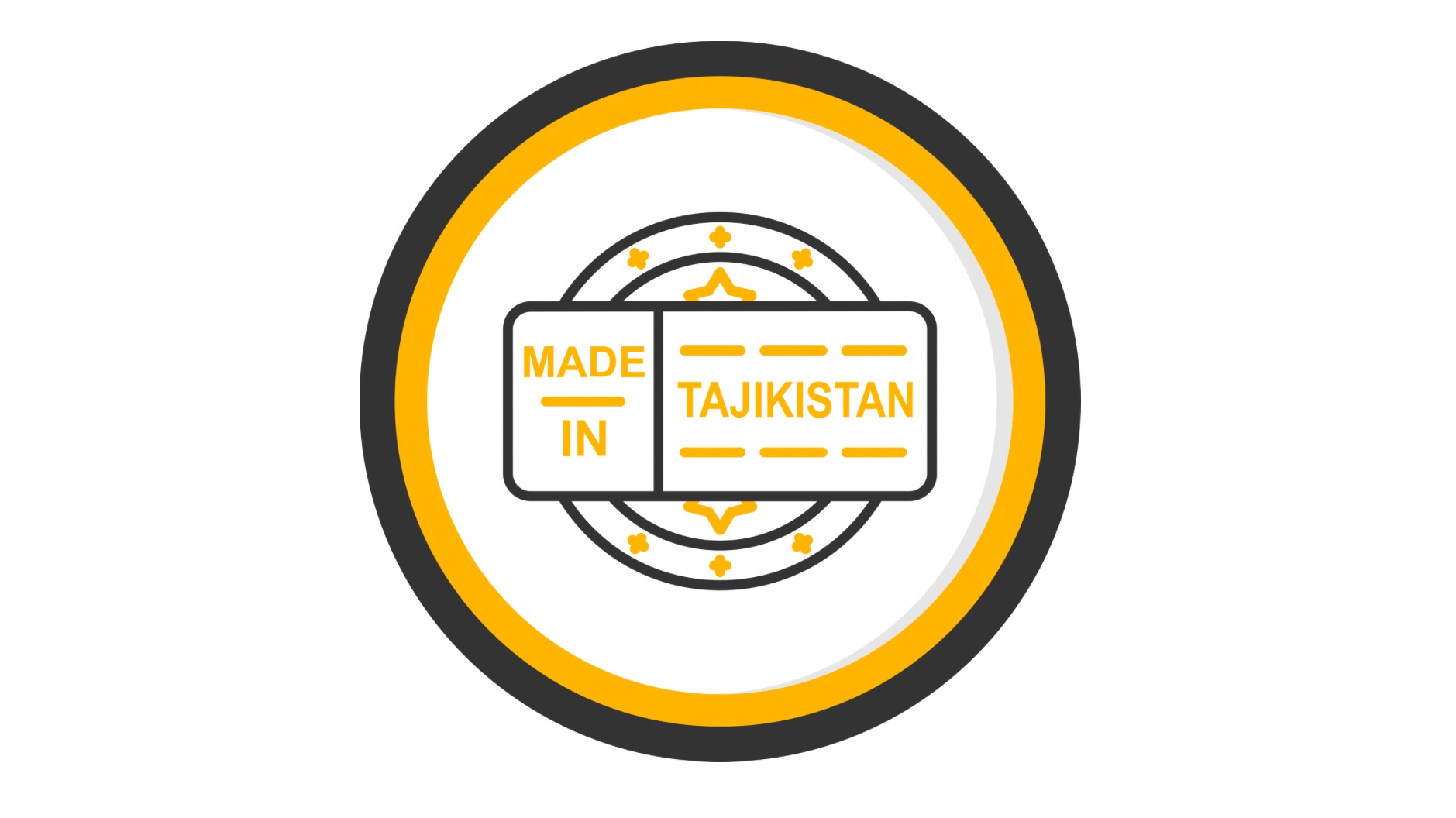
EXPORT AND BORDER RECOGNITION: WHY IS TAJIKISTAN'S PRODUCE CLAIMED BY OTHERS
"Azerbaijani grapes, sweet as chocolate, you'll lick your fingers," said the Azerbaijani seller, calling people to his stall. I went over to see. From the packaging, I recognized that these were grapes from Hisor.
"But these aren’t Azerbaijani grapes!"
The seller looked at me mockingly and said:
"Where does it say that these are Tajik grapes?"
The seller was right. At the large food market in Moscow, or "Food City" as it’s also called, it seems like all the fruits and vegetables are from Azerbaijan.
The situation is the same in the shops of Moscow and across Russia. Various kinds of grapes, apricots, apples, onions, and cherries, which are exported from Tajikistan, are sold as produce from Uzbekistan.
"What a misfortune," I said to myself, and lines from a poem by Bozor Sobir came to mind:
"Wherever I saw a stone, I placed it on my head, Like my own child. I said to myself: this was taken from Badakhshan, Like a suckling child taken from the breast."
The memory of Bozor is tied to the fact that during the Soviet era, daily trains loaded with precious stones, marble, jasper, granite, and other materials were sent from Tajikistan to Russia. These stones and other materials were used in the construction of metro stations, palaces, and castles in that country, which was also considered our capital.
Now, there are few Tajiks left who, stepping on the marble, jasper, and granite from Tajikistan’s mountains, feel that this is a piece of Tajikistan. Even Tajik cotton, renowned for its fine and high-quality fiber, was sold under an Uzbek license. This happened because Tajikistan did not have a license to sell its own cotton, and perhaps still doesn’t. Moreover, other export goods such as various kinds of grapes, apples, pears, apricots, cherries, onions, carrots, cabbages, and other vegetables are also sold under an Uzbek license.
This is not a complaint against neighboring Uzbekistan, which exports our agricultural products as its own. Rather, it is a criticism of the Tajik authorities, who are unaware of the importance of borders and do not understand how vital it is for Tajikistan, in terms of statecraft, to have ownership over its products.
Two or three years ago, the president of Uzbekistan visited Dushanbe and toured the vineyards of Hisor. During this visit, he gifted two luxury Uzbek-made cars to one of the Hisor gardeners. The president of Tajikistan also attended this ceremony.
At that time, the pressing question was: why did the president of Uzbekistan gift two cars to a Tajik gardener, while the president of Tajikistan did not? Some analysts suggested that this was a sign of good neighborliness and friendship between the two republics. However, in reality, it was a reward for the deal between Dushanbe and Tashkent, where Hisor grapes remained Tajik until the border, but beyond the border were sold as Uzbek grapes.
In the science of border recognition, this means that an unconscious Tajikistan, through this act, promotes Uzbekistan while the people of Tajikistan, like "Ravshan and Jamshud," remain undervalued and insignificant.
The phrase "Uzbek grapes" in Russian shops brings more prestige than thousands of jeeps and cars. And this is what people remember. It’s a pity that the authorities of Tajikistan value two cars more than the reputation of the republic and do not strive for the independence of their market, obtaining the necessary licenses and documents.
As a result, the fruits and vegetables that go to foreign markets no longer belong to us once they leave our soil. So, as a republic with a population of 9 million, what do we actually export to foreign markets? Our cotton isn’t ours. That leaves only aluminum and precious, semi-precious, and decorative stones.
Everyone knows that Tajikistan exports aluminum to foreign markets. But how much and where—this has been unclear for the past 25 years.
The Tajik authorities respond to this question by saying that it is a state secret. I don’t know of any other country in the world that declares the production and sale of aluminum as a state secret. In Tajikistan, where there are many hidden interests in the sale of aluminum, this issue is considered a state secret. From the consumption of electricity at the aluminum plant to the revenue generated for the state budget from this product—everything is a state secret.
I had data from 2015-2016, which showed that the revenue to the state budget from the sale of aluminum and cotton was 7 percent. Meanwhile, according to experts, Tajikistan annually earns around 1.5 billion US dollars from the sale of aluminum.
The export of precious, semi-precious, and decorative stones is also in the same unclear state, with the authorities not considering it in the public’s interest to explain the situation.



